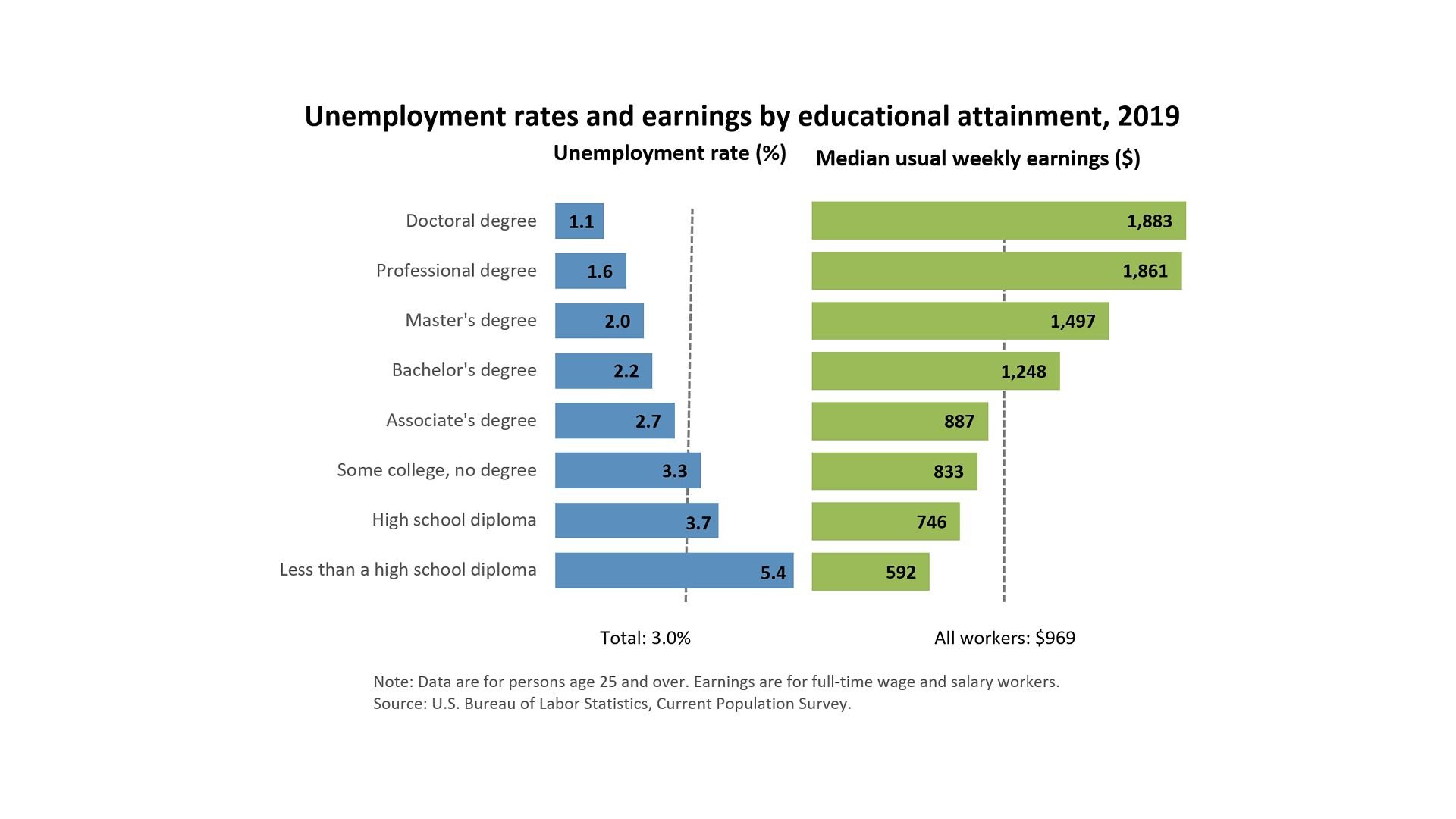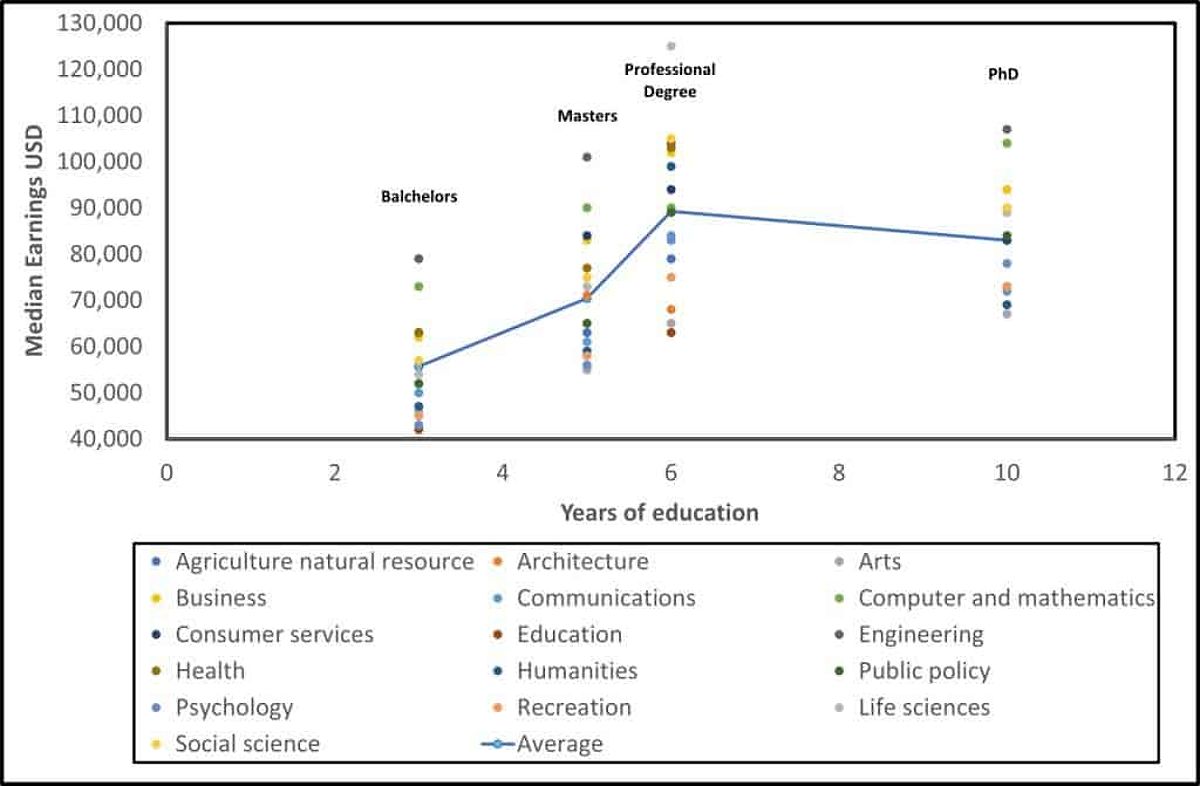Should I Get a PhD?
A PhD offers the potential for specialized careers and intellectual fulfillment. However, the financial implications can be significant, including tuition, living expenses, and the opportunity cost of foregone income. It’s crucial to weigh the potential financial burden against the long-term benefits, considering your specific field and career goals.
The Allure and Reality of a PhD
The Appeal of a PhD
The decision to pursue a PhD is often driven by the desire for prestige and intellectual challenge. Holding a doctoral degree can elevate your status in both academic and professional arenas. It offers a unique opportunity to immerse yourself in a specialized field, contribute to the advancement of knowledge, and potentially unlock a variety of career opportunities in academia, research, and beyond.
Many individuals are motivated by a genuine passion for their subject matter, the aspiration to teach at the university level, or the ambition to engage in groundbreaking research. The title of “Doctor” carries weight, providing a sense of respect and recognition among peers. However, it’s crucial to understand that while the journey can be fulfilling, it also comes with significant challenges.
The Realities of a PhD
The reality of pursuing a PhD is often more complex than the romanticized vision many have. Completing a doctoral program involves a significant time commitment, often spanning several years. Students must navigate rigorous coursework, extensive research requirements, and the formidable task of producing a comprehensive dissertation.
Moreover, the financial investment can be daunting. Tuition fees, living expenses, and the opportunity cost of not working full-time can lead to substantial debt. The pressure to publish research, secure funding, and maintain a healthy work-life balance can contribute to stress and burnout.
As you ponder the question, “should I get a PhD?” it’s essential to engage in self-reflection. Consider your true motivations. Are you pursuing a doctorate for personal fulfillment through research, or are you driven by external factors such as job security and financial gain? Understanding your underlying reasons will help you assess whether the sacrifices required are justified by the potential rewards.
Career Paths with and Without a PhD
Traditional PhD Career Paths
For many, the primary career path following a PhD is academia. Graduates often envision themselves as professors, engaging in research, teaching, and publishing scholarly work. However, the academic job market is notoriously competitive. Recent statistics indicate that only about 40% of PhD graduates secure tenure-track positions, highlighting the importance of exploring alternative career options.
Alternative Career Paths for PhD Graduates
Interestingly, a growing number of PhD holders are finding success outside traditional academic roles. Industries such as data science, management consulting, and policy analysis increasingly value the specialized knowledge and critical thinking skills that come with a doctoral degree. PhD graduates are also making their mark in government roles, non-profit organizations, and even entrepreneurship.
The versatility of a PhD can be a significant advantage, as many organizations recognize the analytical and research skills that these graduates possess. However, it’s important to note that a PhD does not guarantee a higher salary or faster career progression. In some industries, a master’s degree or professional certification may provide a better return on investment.
Job Market Trends for PhD Graduates
As you consider whether you should get a doctorate, it’s crucial to analyze the specific job market trends in your field of interest. Research shows that while the number of PhD graduates continues to rise, the availability of academic positions remains stagnant. Conversely, sectors outside academia are increasingly seeking individuals with advanced degrees.
Understanding these trends can help you align your educational pursuits with your career aspirations. For instance, if you’re aiming for a career in data science, a PhD may open doors, but relevant work experience and a master’s degree could also be sufficient.

Financial Considerations
The Cost of a PhD
Pursuing a doctorate can represent a significant financial investment. The costs associated with a PhD program can include tuition fees, living expenses, and the opportunity cost of foregone income during your years of study. Many students find themselves accumulating debt, which can be challenging to manage post-graduation.
Funding Opportunities for PhD Students
Fortunately, many doctoral programs offer funding opportunities that can alleviate some of these financial burdens. Scholarships, fellowships, research assistantships, and teaching assistantships can provide financial support while you complete your degree.
Before committing to a PhD program, it’s vital to conduct a thorough financial analysis. Create a budget that outlines your expected expenses and potential income sources. This will help you assess whether you can manage the costs associated with pursuing a PhD.
Long-Term Financial Benefits of a PhD
While there can be substantial costs associated with obtaining a PhD, it’s also important to evaluate the long-term financial benefits. In certain fields, a doctoral degree can lead to higher earning potential and greater career advancement opportunities. However, this is not universally true across all sectors.
Analyzing salary data specific to your field can provide valuable insights. In fields like academia and research, a PhD may indeed result in higher salaries. In contrast, other sectors may prioritize work experience and skills over academic credentials, making a master’s degree or even a bachelor’s degree with relevant experience more advantageous.

Finding the Right Fit
Choosing a Program and Research Area
Selecting the right PhD program and research area is critical to your success and satisfaction. Given the vast number of options available, the process can feel overwhelming. Take the time to research potential supervisors, departments, and institutions that align with your interests and career goals.
When investigating programs, consider the faculty’s expertise, available research facilities, and the overall departmental culture. Engaging with current students or alumni can provide invaluable insights into their experiences. Attending conferences, workshops, and campus visits can also help you gain a deeper understanding of the program’s culture and research focus.
Factors to Consider When Choosing a Program
As you explore potential PhD programs, evaluate factors such as funding availability, resources, and support services. A strong fit between your research interests and the program’s focus can foster a supportive and enriching environment. Conversely, a poor fit may lead to frustration and a higher risk of attrition.
The Importance of a Support Network
Building a Strong Support System
Pursuing a PhD can often feel isolating and emotionally taxing. Establishing a robust support network is essential for your well-being and success. Surround yourself with friends, family, and mentors who can provide emotional, practical, and intellectual support throughout your doctoral journey.
Additionally, consider joining student organizations or research groups. These communities can help you connect with peers who share similar interests and goals. In some cases, seeking professional support through counseling or therapy can also be beneficial, especially when navigating the challenges of a doctoral program.
Maintaining a Healthy Work-Life Balance
Maintaining a healthy work-life balance is crucial during your PhD journey. Make time for self-care, engage in hobbies, and nurture your personal relationships. A well-rounded support system can help you stay motivated and resilient throughout the challenges of a PhD program.
Should I Get a PhD? Making an Informed Decision
Questions to Ask Yourself
As you contemplate the question, “should I get a PhD?” consider the following questions:
- What are my primary motivations for pursuing a doctoral degree?
- Do I have a clear understanding of the career options available with a PhD?
- Am I prepared for the time commitment, financial investment, and potential sacrifices required to complete a PhD program?
- Do I have a strong support network in place?
- Have I thoroughly researched potential programs and supervisors to ensure a good fit with my research interests and career goals?
Making an Informed Decision
Carefully reflect on these questions and be honest with yourself. The decision to pursue a PhD is not one to be taken lightly. By weighing your motivations, career goals, and personal circumstances, you can make an informed decision that aligns with your long-term priorities.
FAQ
Q: What are the most common reasons why people decide to pursue a PhD?
A: The most common reasons include a passion for research, a desire to teach at the university level, and the pursuit of specialized knowledge and skills.
Q: What are some of the most common challenges faced by PhD students?
A: Common challenges include time management, financial strain, isolation, and the pressure to publish research.
Q: What are some alternative career paths for PhD graduates?
A: Alternative career paths include roles in industry, government, non-profit organizations, and entrepreneurship.
Q: How can I find a PhD program that is a good fit for me?
A: Research potential programs and supervisors, visit campuses, and attend conferences and workshops related to your research interests.
Conclusion
Deciding whether to pursue a PhD is a complex and deeply personal decision. It requires careful consideration of your motivations, career aspirations, financial circumstances, and personal well-being. By understanding the realities of a doctoral program, exploring alternative career paths, and assessing your fit with potential PhD programs, you can make an informed decision that aligns with your long-term goals and priorities.
Remember, the journey is not an easy one, but for those who are truly passionate about their field of study, the rewards can be immensely fulfilling. Approach this decision with clarity and purpose to ensure that your choice aligns with your vision for the future.
